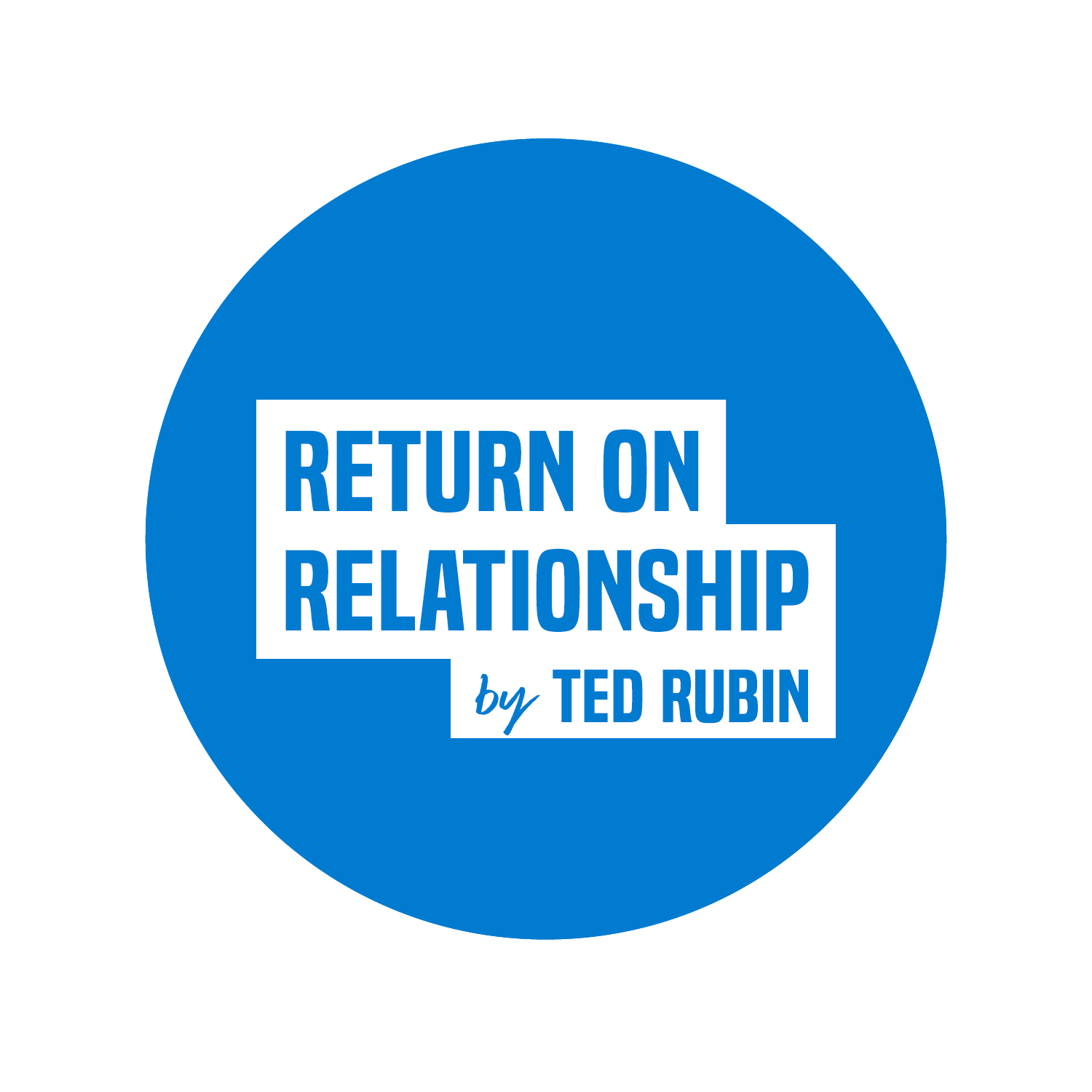Media, Channel and Payments Are Merging to Create the Future of Retail ~via @PhotofyApp CEO @Katadhin
Apple is soon launching a credit card that will likely be a precursor to its foray into its own cryptocurrency. You could argue that Apple Pay is already a crypto when users load funds to use for payments and one that is already a stablecoin since its value is the currency used for transactions. I can send my friend Erik $10 from my account via Siri and choose from Apple Pay or other apps, can Coinbase be far behind?
Apple Pay already accounts for half of all store-based POS transactions that don't use cash or credit cards. This gives it a substantial competitive advantage into the purchasing habits and behaviors of its users. Facebook too is exploring crypto as a way to facilitate payments and rewards on its network through its Libra project. Amazon became the first major retail platform to accept crypto through integration with Fintech startup Moon, even if the solution is a bit clunky like the early days of Starbucks gift card linked app payment. The rapid ubiquity of Alexa is astounding as it is now integrated into over 60,000 smart home devices. What all this portends for retail is nothing short of a new era for the retail industry. This will spark a Precambrian Explosion of new retail lifeforms.
"Siri, order my coffee from my work Starbucks"
Simplicity is the future of retail and players that combine media, payment and channel into a single solution will have a huge advantage over those that aren't able to deliver a seamless experience... think Omni-Present instead of Omni-Channel. After some resistance, Apple Pay is now accepted by 77 out of the top 100 retailers in the US. Apple is a top 10 global retailer, can anyone image Target accepting Walmart Pay? No. And that's a competitive problem for Walmart because ubiquity is the key. Retail channels are no longer a place but rather a service. For example, in-car shopping has become a $230 billion category and set to explode as voice shopping makes it friction free. Shoppers will default to predetermined payment methods attached to their path to purchase. Apple's integration into all parts of that journey give it a leg up on all competition, including Amazon which is likely the best suited for channel marketplace shopping. Facebook and Google can become fearsome competitors as well.
Alibaba and WeChat already provide a glimpse into a combined media/channel/payment retail model, both offering their users frictionless shopping on physical and digital paths. Alipay has almost a billion worldwide users and can already provide seamless voice shopping through its Tmall Genie voice assistant platform. BMW has integrated Tmall Genie into some of its cars in the Chinese market, which creates a simple interface for car-shoppers. Voice is bringing the true Omni-Present experience to life and unlocking shopping from the places people spend a ton of time including their bedrooms, living rooms, and cars. As with today's ecommerce, shopper expectations are rapidly migrating to frictionless models. Free shipping and returns are just table stakes now, and constantly increasing in velocity... see the Amazon/Walmart war of expedited delivery beginning to be waged right now. Integrated payments can help facilitate even easier transactions and keep a thorough recored via blockchain accounting integration.
The Rise Of Integrated Media Shopping
Adidas is one of 20 brands participating in Instagram's Checkout shopping feature. The premium footwear brand recently reported a 40% rise in 2019 Q1 ecommerce revenue which it attributed to the Instagram program. Adidas leveraged new release on the platform along with creative partnerships from some Instagram content creators to extend the organic reach of its media. This model has been proven out by WeChat which blends content from Key Opinion Leaders (KOLs), with transactional capability that can utilize its own payment system, WeChat Pay, which boasts over 300 million users (in comparison, there are only about 34 million Bitcoin wallets currently). This combination of media and commerce seamlessly connects shoppers and brands while stripping out almost all friction.
Amazon is proving that actual shopper data is much more valuable for bottom funnel shopper marketing dollars than third party data. It has leveraged its lead and consolidation in ecommerce to garner greater than its fair-share of shopper marketing dollars at the expense of other retailers. Its massive lead in voice, over any traditional retailer, will provide it additional gains in media spend as shoppers migrate to voice commerce. Privacy concerns are also being leveraged by potential future retail challenges to consolidate access to consumer data. Google's impending change to tracking which will seriously crimp the ability of Ad Tech companies without a real customer relationship to be effective.
For many brands, retailers will become primary media outlets with content ranging from entertainment to product information and fully integrated payment systems. Facebook, Google and WeChat may very well end up becoming the biggest new competitive threats to existing retail, adding to the unrelenting pressure Amazon and Alibaba are applying. In this new world, fresh, relevant content will be more important than ever along with broad local content distribution.




